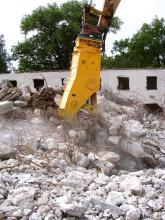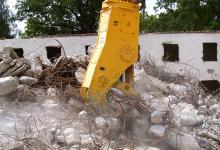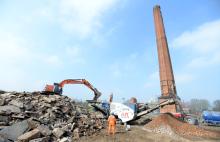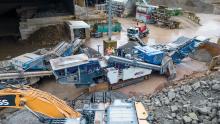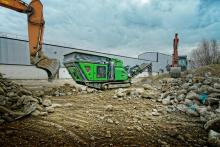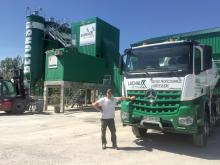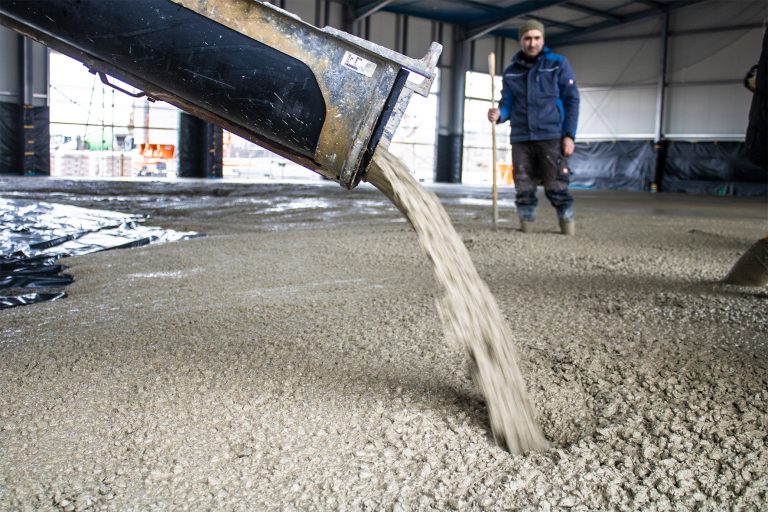
Two German companies, Rohrdorfer and Zosseder, have decided on a joint pilot project to produce high-quality concrete from demolition material in the quantities customary in the industry and with consistent quality. The project started at the beginning of January 2022. It is planned to start delivering the R-concrete in the second half of 2022.
Construction rubble recycling currently means mainly downcycling, as the processed aggregates are mostly used for road and path construction or other civil engineering projects. It is very important to precisely control and monitor the entire processing chain from selective demolition through processing to concrete production to ensure consistently high concrete quality.
With the recycling concrete pilot project, Rohrdorfer and Zosseder have set themselves the goal of producing high-quality concrete for the first time based on specially processed old concrete rubble. Larger quantities of recycled aggregate are to be used on two test construction sites. In the first step, the finished concrete is mixed from the optimised crushed concrete in Union Betonwerk Söchtenau, which belongs to Rohrdorfer, and delivered to test construction sites in Großkarolinenfeld and Schilchau. Here, the project partners Zosseder and Rohrdorfer complement each other optimally and incorporate their many years of experience in building material recycling and concrete technology.
The recycled grain obtained and processed in the region and its use in ready-mixed concrete companies located in the region prevent long transport routes and thus averts transport-specific CO2 emissions. The ecological harmlessness of the materials used is ensured by a strict quality assurance system of the company Zosseder and certification of the material by the Association of Building Materials Recycling Bavaria.
After successfully completing the pilot project, R-concrete should be available as a sustainable, resource-saving building material for the Rosenheim region from mid-2022. "Our R-Beton, produced together with Zosseder, will be in no way inferior to conventional concretes in terms of processing and durability and can be used in almost all areas of building construction," says Alexander Mangstl, head of ready-mix concrete at Rohrdorfer.
"We are pleased to have found a partner in Rohrdorfer who, like us, is rooted in the region and wants to promote the regional circular economy," says Markus von Bank, responsible for project development at Zosseder.

